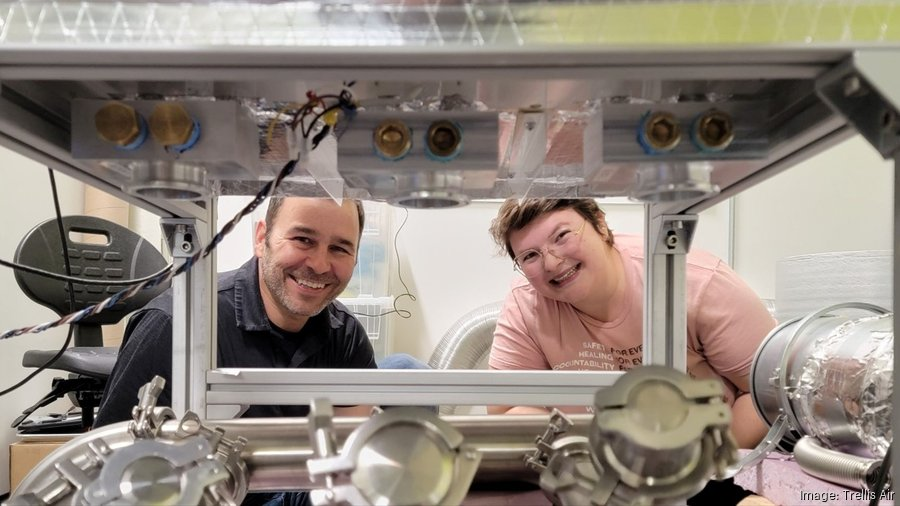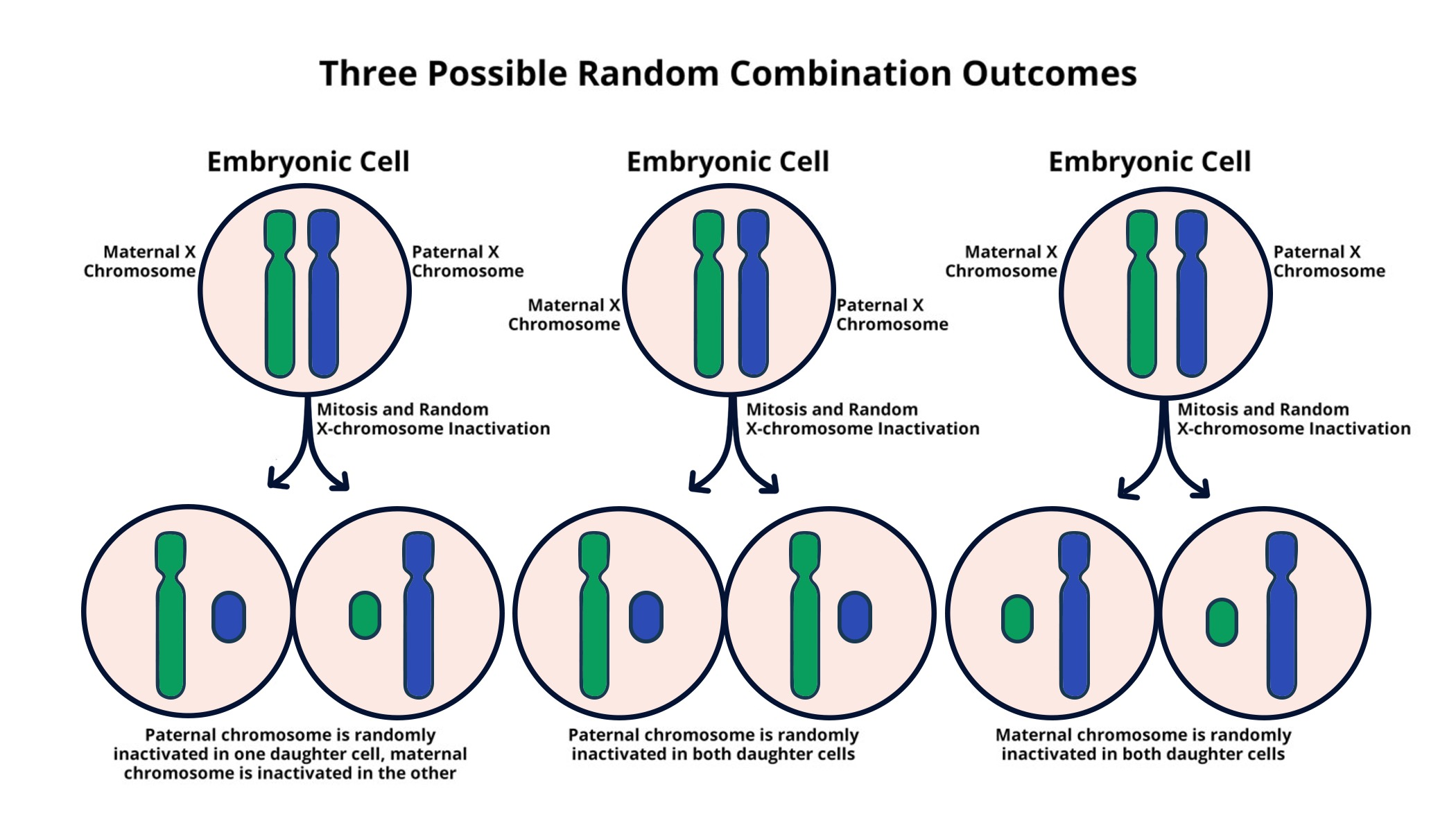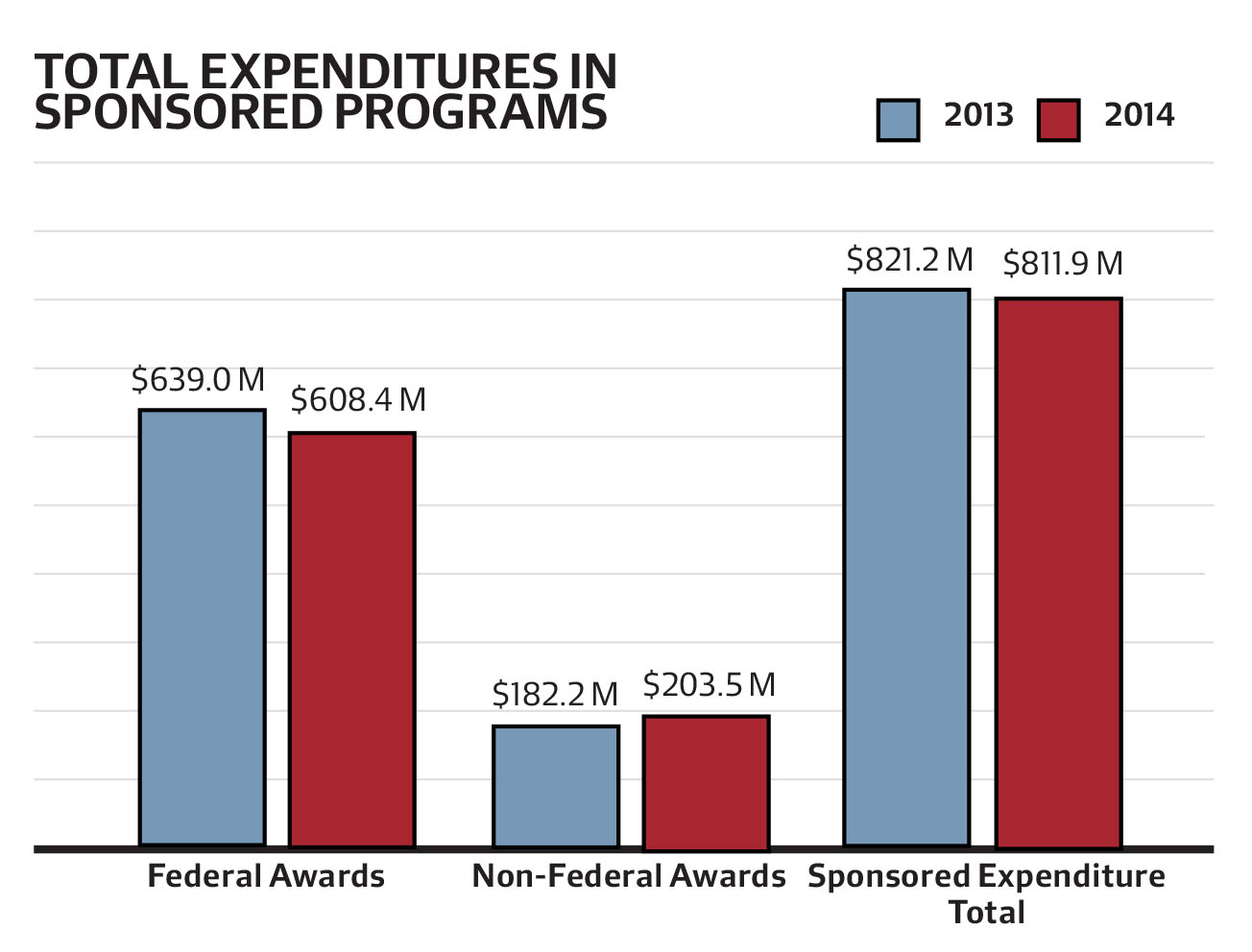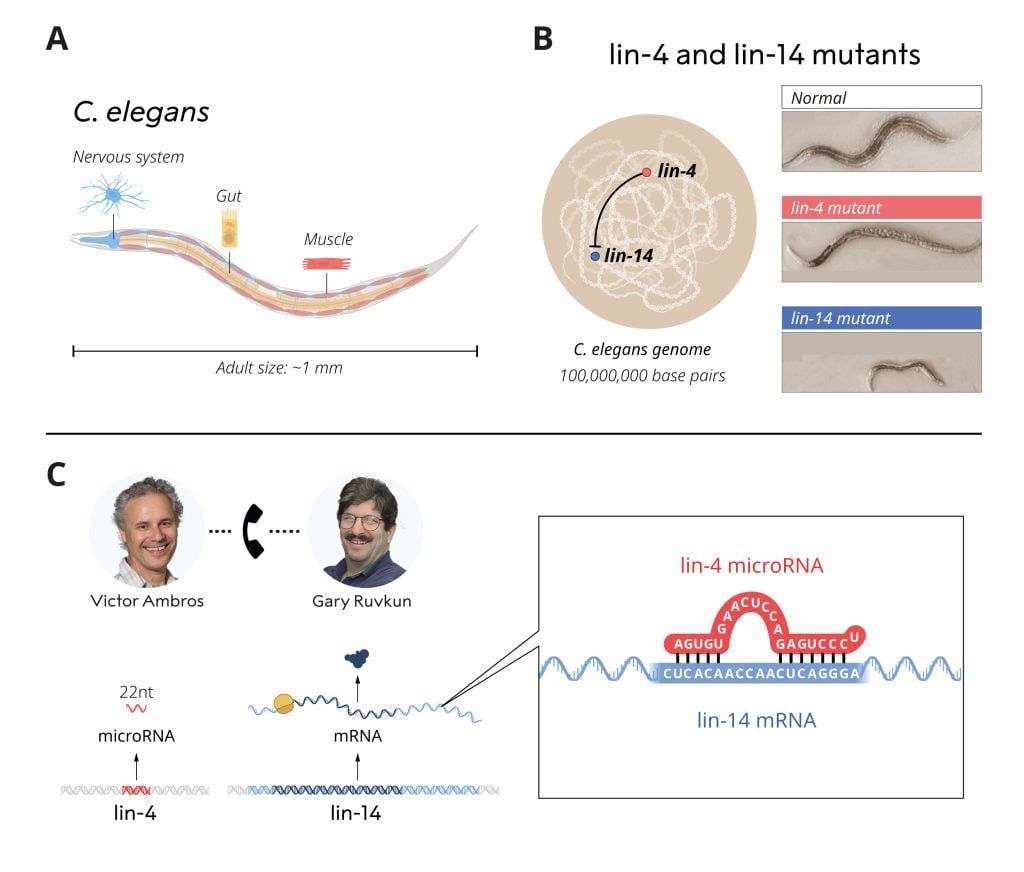
Digital Health Apps: Transforming Patient Care with AI
Digital health apps are revolutionizing the way we approach personal healthcare management, particularly for underserved populations like cancer patients. These innovative applications harness AI in healthcare to provide real-time support and personalized interventions that enhance user adherence to treatment protocols. By utilizing advanced technologies, such as reinforcement learning algorithms, these apps adapt their strategies to meet patients’ evolving needs, making them more responsive than traditional health tracking tools. Additionally, digital health apps facilitate just-in-time adaptive intervention, encouraging users to stay engaged with their therapeutic routines. As research continues to develop new functionalities, these personal healthcare apps are poised to become essential tools for improving health outcomes in diverse patient populations.
In the realm of health technology, mobile wellness applications are emerging as a key solution for managing individual health and chronic conditions. Often likened to personal healthcare coaches right in your pocket, these platforms not only promote adherence to medication schedules but also utilize artificial intelligence and behavioral science to enhance user experience. The evolution of these digital tools signifies a shift towards more user-centric healthcare solutions, enabling real-time communication and support tailored to each user’s circumstances. Through adaptive algorithms, these applications respond to users’ needs, thus fostering a more engaged and informed patient base. As they continue to integrate supportive features, mobile health solutions stand to transform the landscape of personal healthcare and patient management.
The Role of Digital Health Apps in Cancer Care
Digital health apps are revolutionizing the healthcare landscape, particularly for cancer patients navigating the complexities of their treatment regimens. The applications designed for this demographic utilize advanced algorithms and technologies to offer personalized health management solutions tailored to individual needs. By addressing common challenges faced by patients, such as adherence to medication schedules, these apps ensure that essential information and support are readily accessible. As a result, patients are more likely to adhere to their prescribed treatments, enhancing their chances for successful recovery.
Incorporating reinforcement learning algorithms, these apps create a dynamic relationship between the patient and their health management plan. This is particularly crucial for cancer patients who often deal with fluctuating health conditions and varying treatment side effects. The digital tools provide just-in-time support, adapting to the user’s immediate context and needs. This not only promotes adherence but also fosters a sense of empowerment among patients, helping them take control of their health journey.
Just-in-Time Adaptive Interventions for Better Health Outcomes
Just-in-time adaptive interventions (JITAIs) represent an innovative approach to healthcare that tailors assistance to patients at precisely the right moment. This model prioritizes real-time feedback and adaptive strategies that respond to individual user behaviors and health conditions. For cancer patients, JITAIs can deliver motivational messages or reminders to take medications right when they are most needed, significantly improving adherence rates. Such precision is essential, given the demanding nature of cancer treatments and the emotional toll they can take.
These interventions are made possible through sophisticated artificial intelligence and machine learning techniques that analyze user interactions continuously. With each interaction, the app refines its recommendations, ensuring that patients receive the most relevant information tailored to their current situation. This approach not only enhances patient engagement but also builds stronger relationships between patients and their caregivers, as both parties are actively involved in health management communication.
Harnessing AI in Healthcare for Enhanced Patient Support
Artificial intelligence is transforming the healthcare industry, enabling the creation of sophisticated digital health apps that offer dynamic and personalized support for patients. In the context of cancer care, these applications leverage AI to analyze user data and behaviors, ensuring that care is tailored to the needs of each individual. The integration of AI technologies facilitates timely interventions, driving patient adherence to treatment protocols and resulting in improved health outcomes.
Moreover, AI-driven systems continuously learn from user interactions, honing their effectiveness over time. For example, reinforcement learning algorithms can adapt the timing and content of reminders based on what has proven most effective in past interactions. This personalized approach is crucial for addressing the unique challenges faced by cancer patients, empowering them to manage their health proactively and reducing the likelihood of relapse or complications.
Cancer Patient Support: A New Era of Digital Solutions
The journey through cancer treatment can be isolating and overwhelming for many patients, but the emergence of digital health apps is reshaping this experience. These applications not only provide essential information but also foster a sense of community by connecting patients with their caregivers and support networks. Through interactive features and real-time updates, digital health solutions serve as lifelines during a challenging time.
Additionally, these apps often include gamified elements, such as quizzes or social engagement tools, designed to motivate patients and build a supportive environment. By encouraging collaboration between patients and their caregivers, digital platforms help alleviate the emotional burden associated with cancer treatment, enhancing overall well-being and treatment adherence.
Reinforcement Learning Algorithms in Healthcare Apps
Reinforcement learning algorithms are at the forefront of innovation in healthcare applications, particularly for chronic conditions such as cancer. These algorithms learn from patient interactions to determine the most effective methods for promoting adherence to treatment regimens. As patients engage with their digital health apps, the algorithms collect data that helps refine future communications and interventions, tailoring the experience to each user.
This data-driven approach enables healthcare providers to deliver personalized care while minimizing the likelihood of overwhelming patients with irrelevant information. For instance, by analyzing when patients typically forget medication, the app can time reminders more effectively, thus integrating seamlessly into their daily lives and improving health outcomes.
The Impact of Digital Health Apps on Medication Adherence
Adherence to medication regimens is one of the most significant challenges in healthcare, particularly for patients undergoing treatment for serious conditions like cancer. Digital health apps address this issue by employing adaptive algorithms that adjust reminders and motivational prompts according to user needs. As demonstrated by research, improving adherence through these applications results in better patient outcomes and reduced complications during treatment.
Moreover, studies show that approximately 70% of cancer patients struggle with medication adherence due to the complexity of their treatment plans and side effects. Digital health apps provide crucial support, helping patients navigate their medications and ensuring they receive timely interventions when needed. By fostering better adherence, these tools not only enhance the individual’s health journey but also contribute to overall healthcare efficiency.
Empowering Patients with Personal Healthcare Apps
Personal healthcare apps are becoming essential tools for individuals managing chronic conditions, including cancer. These applications empower users by providing them with the resources and support needed to take control of their health. Utilizing strategies such as interactive tracking and personalized feedback, these apps encourage patients to stay engaged with their treatment plans and health goals.
Furthermore, these digital tools can help reduce feelings of isolation, offering patients a platform to connect with others in similar situations. By creating a community for sharing experiences and advice, personal healthcare apps enhance emotional support, which is vital for maintaining morale during challenging times.
The Future of AI-Driven Interventions in Healthcare
As technology continues to evolve, the future of healthcare will increasingly rely on AI-driven interventions that offer personalized care. The potential to create applications that adapt to each patient’s unique circumstances represents a significant leap forward for the industry. By harnessing the power of artificial intelligence, these innovations aim to deliver real-time support that aligns perfectly with a patient’s organization and lifestyle.
In the upcoming years, the integration of AI within healthcare systems is expected to deepen, enhancing the capacity of clinicians to provide tailored care. This shift will not only improve patient outcomes but also streamline processes within the healthcare system, ultimately leading to a more efficient and effective healthcare landscape.
Gaming and Social Interaction as Motivational Tools in Health Apps
Integrating gaming elements in health apps has become a cutting-edge strategy to enhance user engagement and motivation. This playful approach encourages users to take action towards their health goals by making activities like medication adherence and physical exercise more enjoyable. For instance, gamifying apps can reward users for completing tasks, fostering a sense of achievement and camaraderie among peers.
Additionally, social interaction features within these applications can amplify motivation by encouraging patients to share their progress and support each other’s journeys. By building a community around health management, these apps can help alleviate feelings of isolation that many cancer patients experience, driving the success of their treatment regimens.
Frequently Asked Questions
How do digital health apps utilize AI in healthcare to improve patient outcomes?
Digital health apps leverage artificial intelligence to analyze patient data and provide personalized health interventions. By employing reinforcement learning algorithms, these apps can adapt to individual behaviors and preferences, ensuring timely and relevant support, which enhances adherence to treatment plans and promotes better health outcomes.
What is the role of digital health apps in cancer patient support?
In cancer patient support, digital health apps provide vital resources such as medication reminders, emotional support, and educational content. Specifically designed to assist patients undergoing treatments like stem cell transplants, these apps utilize just-in-time adaptive interventions to offer personalized guidance and motivation at critical moments in their recovery.
What are just-in-time adaptive interventions in the context of personal healthcare apps?
Just-in-time adaptive interventions are strategies used by personal healthcare apps that deliver support based on the user’s immediate needs and context. This approach allows the app to provide timely prompts and notifications, thereby increasing user engagement and improving health management, especially for those with chronic conditions.
How do reinforcement learning algorithms enhance the functionality of digital health apps?
Reinforcement learning algorithms enhance digital health apps by enabling them to learn from user interactions over time. This continuous learning process allows the app to optimize its responses, such as tailoring medication reminders based on when they have been most effective, resulting in improved adherence and user satisfaction.
What benefits do digital health apps offer in encouraging healthier behaviors among users?
Digital health apps encourage healthier behaviors by providing real-time feedback, personalized interventions, and social support through network interactions. By adapting to users’ unique circumstances and preferences, these apps help maintain motivation and accountability, making it easier for users to achieve their health goals.
Can digital health apps help manage medication adherence for cancer patients?
Yes, digital health apps are specifically designed to manage medication adherence for cancer patients by providing automated reminders, tracking progress, and offering motivational prompts. These features help mitigate the challenges of side effects and complex medication schedules that cancer patients often face.
What is the significance of continuous algorithm adaptation in digital health applications?
Continuous algorithm adaptation is significant in digital health applications because it allows the software to refine its strategies based on user behavior and feedback. This adaptability ensures that the interventions remain relevant and effective, ultimately leading to better health outcomes and higher user engagement.
How are digital health apps transforming the patient-caregiver relationship?
Digital health apps are transforming the patient-caregiver relationship by facilitating communication, providing shared resources, and offering collaborative tools. These applications help engage caregivers in the patient’s healing process, leading to stronger support systems and improved adherence to treatment protocols.
What types of behaviors can be tracked and modified by personal healthcare apps?
Personal healthcare apps can track and modify a range of behaviors, including medication adherence, dietary habits, physical activity, and substance use. By providing tailored feedback and personalized interventions, these apps assist users in making lasting behavioral changes.
How are digital health apps contributing to the future of personalized healthcare?
Digital health apps are contributing to the future of personalized healthcare by delivering individualized support, predicting user needs through data analysis, and fostering behavior change. The integration of AI and advanced algorithms makes these apps powerful tools in enhancing patient engagement and tailoring health interventions uniquely for each user.
| Aspect | Details |
|---|---|
| Context | Development of apps for cancer patients and others utilizing advanced algorithms for personalized support. |
| Researcher | Susan Murphy, a statistician, focuses on using technology rather than medicine to match healthcare needs. |
| Methodology | Uses reinforcement learning algorithms to provide personalized interventions in real-time. |
| Goal | To improve medication adherence and health management for patients and caregivers. |
| Current Project | ADAPTS HCT trial, focusing on stem cell transplant patients and their caregivers. |
| Additional Projects | MiWaves app for cannabis reduction and Oralytics for tooth brushing adherence. |
| User Integration | The apps adapt based on user interactions to enhance effectiveness. |
| Accessibility | Provides affordable support compared to human coaching, catering to user preferences. |
Summary
Digital health apps represent a revolutionary approach to managing healthcare needs, particularly for patients undergoing challenging treatments like cancer. By integrating advanced algorithms, these apps provide tailored support and interventions, making healthcare more accessible and personalized. Through initiatives like the ADAPTS HCT trial, researchers aim to enhance communication between patients and caregivers, ensuring better adherence to health protocols. Ultimately, digital health apps are shaping the future of health management, offering individuals the tools they need to navigate their health journeys effectively.








